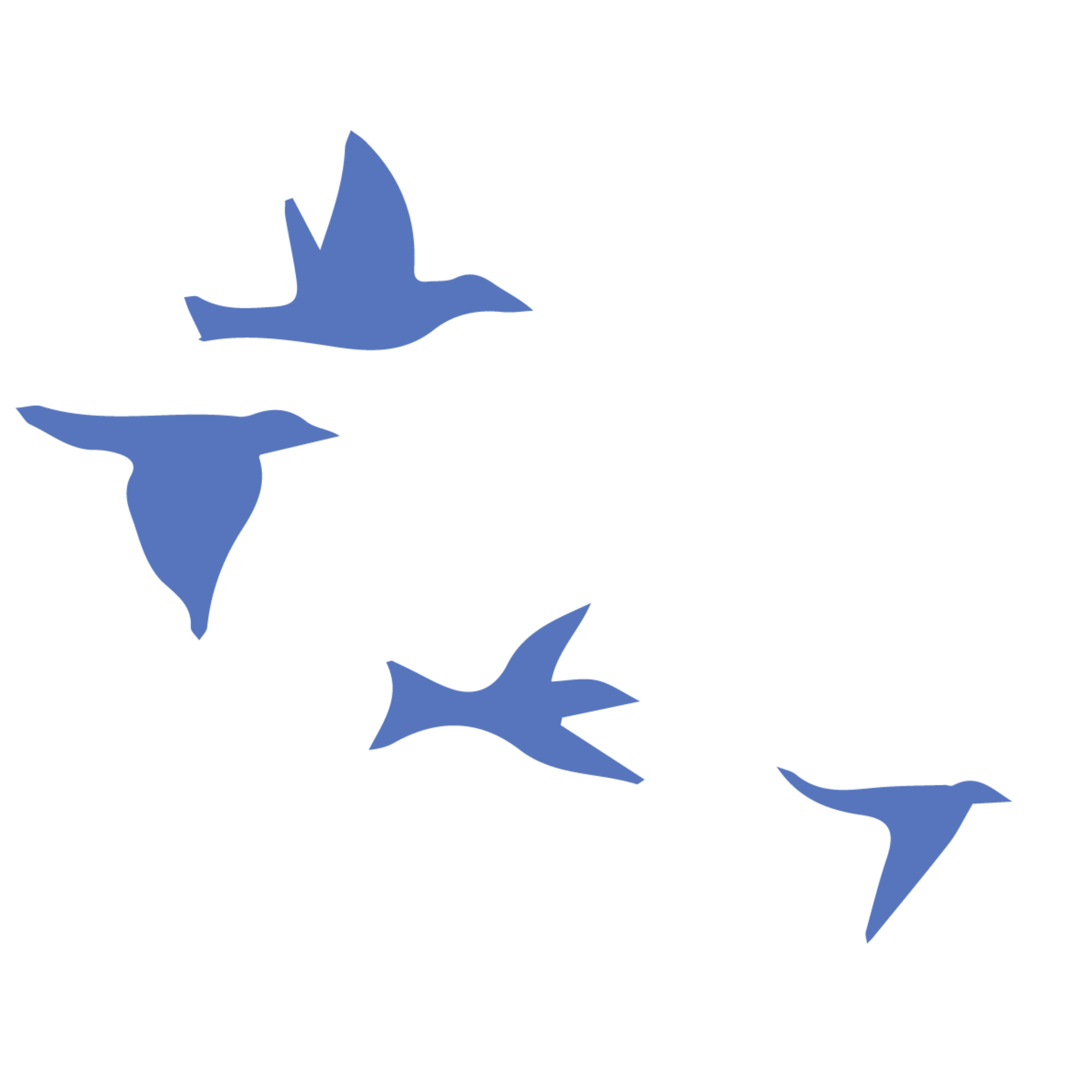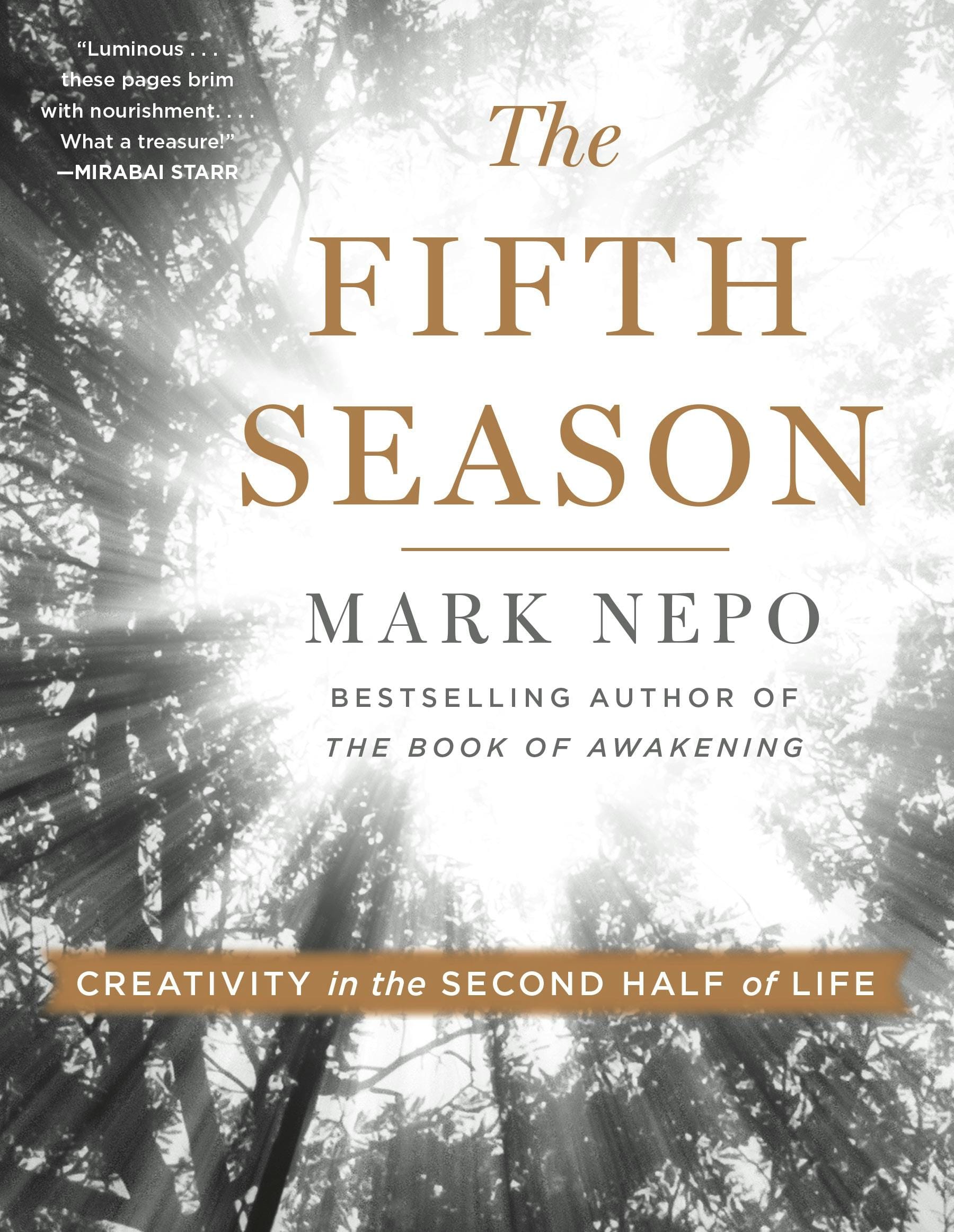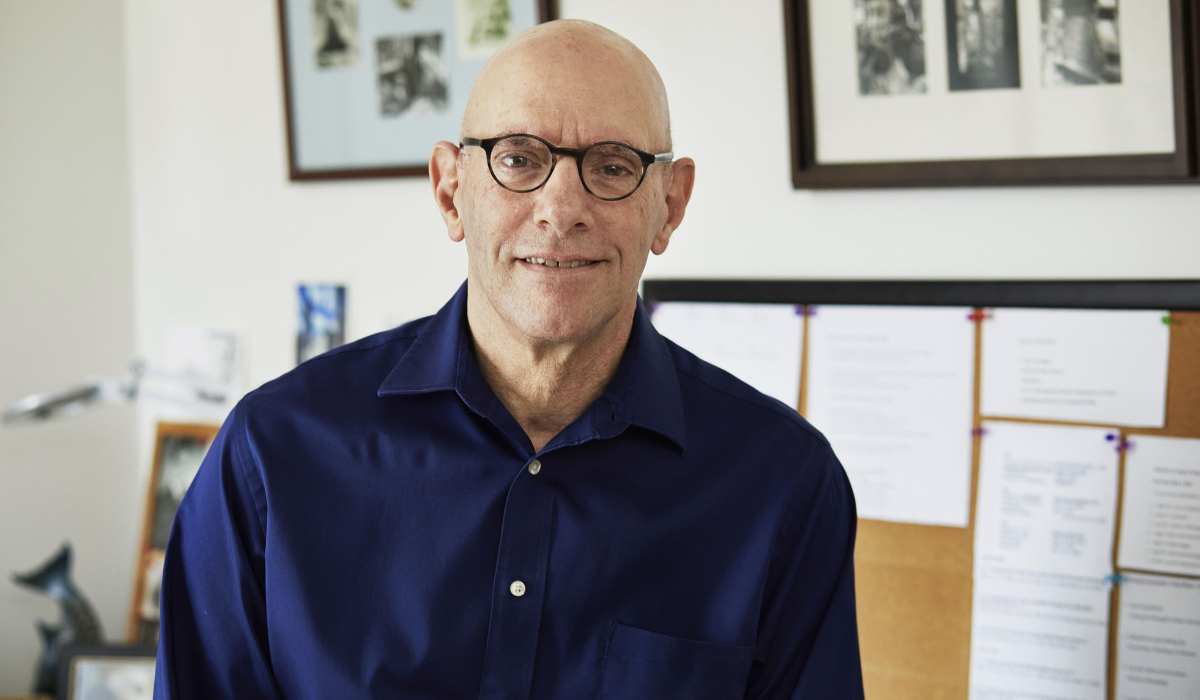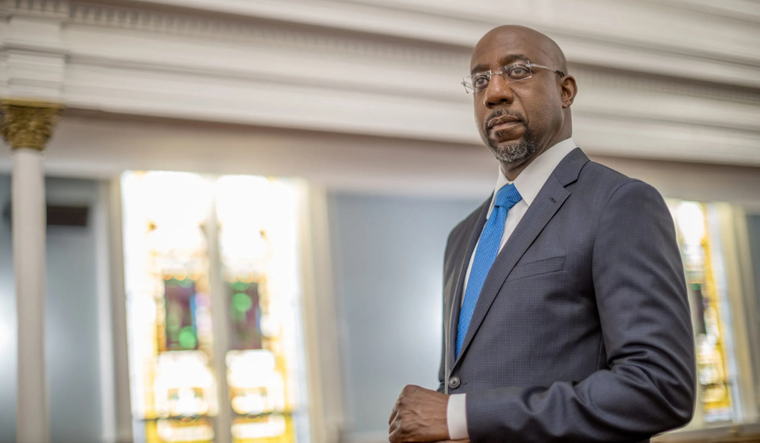Mark Nepo Wants You to Rethink What It Means to Get Older

In the first pages of his new book, The Fifth Season, author, poet, and spiritual advisor Mark Nepo expands on the polarity of aging, creating a tent where the hardships and possibilities merge. Nepo presents the encouraging truth that "aging requires a different set of skills," as he writes. He acknowledges the challenges while showing us how "we experience a great depth and breadth to being alive" as we grow older.
As evident in all of his work, which spans more than four decades, Nepo draws from his own life, offering a quilt of introspection. He anchors The Fifth Season in his lifelong quest to expand his awareness. The pages are rich with wisdom, and they're humble, as Nepo, now in his seventies, is forthright in what he continues to learn about living.
In our conversation, we touch on the possibilities aging holds, how we can pull the beauty of the past into the present, and why life is the ultimate act of creativity.
A CONVERSATION WITH MARK NEPO
Your book is rich with metaphors. In one instance, you write about how the process of aging is like a meteor entering the atmosphere; the more it burns, the brighter it gets. Will you explain this?
It occurred to me that for a meteor, very few make it to Earth by the time they get into the atmosphere. But as they enter the atmosphere, more and more of the meteor flakes off, and they get brighter and brighter till all that's left is light. This felt like a teaching on what it is to be a spirit in a body in our time on Earth. Nobody likes the flaking off. Last year, I had back surgery, and that was a long recovery, and part of my flaking off. But one of the things I’ve been learning by looking at this time of life, is that limitations come on, but it is not about reframing, turning, or not running from them. It's about seeing that spiritually, in our souls and our hearts, we are deepening and expanding and getting brighter over a lifetime.
As we get older, we're challenged to discover different skills. As much as the limitations of aging get our attention, we must keep opening to the deepening and expanding so that they work together. If we don't, then those limitations will be in the foreground and take over.
That feels like a reminder of how in life, we can hold several things at once: We can hold the challenges and also the beauty.
In my thirties, I had a rare form of lymphoma and almost died. So, my whole life, I have felt that great love and great suffering are the great teachers. They break us open. They make us realize it's not just about us. It’s so much about our staying thorough and open-hearted and wholehearted, so that when I am most myself, I can most feel you. And that's even more important as we age, because the dynamics of aging can limit our social networks and restrict how far and where we go, so we have to counter that. As we age, we have to do more initiating. That means, instead of reading at home alone, go to a cafe. Even if you don't say hello to anybody, you're around other people. You are being uplifted by the presence of other life. And that makes a difference.
There is a very communal and tactile aspect to this book, as well as in your other books, where you give prompts for readers to reflect in a journal or discuss in conversation with a friend. Why is doing this important to you?
My life as a teacher and my life as a writer have merged over time. It's the poet in me that sees, the philosopher in me that tries to make sense of what I see, and the cancer survivor in me that wants those questions and says, ‘If this touches you, where does it live in your life?’ Because we have to personalize it for it to have meaning. So, all those prompts are journal questions to be in conversation with yourself, and table questions where you're talking with a friend or a loved one, all so we can get more intimate with ourselves and therefore more intimate with our kinship with all things.
One of the challenges of growing older is having a kinship with looking to the past. We might look back and wish things were still that way. But you expand this by writing, “Memory is not a place to retreat to or hide in, but the lighting of some very tender kindling at the back of our heart to warm us going forward.” Will you tell us more?
Let’s start with the word remember. The word means to put the members back together. So, the true function of memory is to look back in a way that will make us whole now. Nostalgia is when we think, I’m struggling today, but 10 years ago, that was so wonderful, and if I could just be there again. Nostalgia can trap us in where we are. But true memory is about: What was it in me back then that was so alive, and can I trace where it is in me now so I can bring it alive again? The same thing can happen with dreams. One of the gifts of my cancer journey was that I stopped dreaming forward. It doesn't mean I don't look forward to things. I do. But anything of deep meaning, it's like a boomer: I’ll think, let's do it now. So, both looking back and looking forward are ways that we uncover things that matter and then see where that lives in us right now. What attention can I give to it now? This does not mean going back to recreate what happened or looking ahead and doing it in 10 years. It means keeping it alive today.
When I'm in a circle with people, we have this wonderful connection. And often a question I receive is: ‘I'm going home soon. How do I keep this alive?’ And I say, let's be still for a minute and see what you're feeling right now in this circle. Where is it in you? When you get home, try to touch into it so you can let it out where you are.
Your book is subtitled “Creativity in the Second Half of Life.” You write that living a creative life “does not mean we have to strive to create great art,” but rather, it is about approaching our days creativity. What does living a creative life mean to you?
I've also learned through my own suffering and joy that living is the original art, and therefore our lives are the work of art. What it requires of us is to show up completely, holding nothing back; to let what our hearts move toward—and the word “trust” means follow your heart. Because we will be changed for all that we give to whatever is before us. It could be working on a foreign car, or it could be gardening. For me, it’s this lifelong journey of expression and question. I feel like writing now is listening and taking notes. I feel that poetry now is not how we arrange words on a page, it’s the unexpected utterance of the soul, and you don’t even have to write it down. This book's the trail of a lifelong inquiry—and I have found, over time, that the creative process and the introspective process are the same thing.
When I invite folks to live a creative life, I encourage them to commit to their own soul's journey, to their true self, and to stay in conversation with life. John Ruskin, a nineteenth-century British watercolorist and critic, said the highest reward for a person’s toil is not what they get for it but what they become by it. So, whether we plant, whether we work on a car, by giving ourselves completely, we're the ones who grow.
If someone wanted to lean into a more creative, introspective life but felt afraid to do so, what would you say?
What I have found is that we cannot avoid our fear. It gets bigger if we do. And we can't let our fear overtake us. We can't let it be the conductor of the orchestra. If I ask my fear, what should I do? It will say, be more afraid! So, I need to listen to the fear but not ask for it to run the show. I'll give you an example from my life. With my back surgery, I was in chronic pain for several months, which I had never experienced. And that gendered fear. So, I started to look for the nearest thing around me that was not afraid and not in pain. That could be the floor I was standing on. That could be the sky above me. That could be looking out to the deep sea and the surface of the water. What doing that does is give us context. It allows us to tap into resources beyond ourselves, because they're always there. We're always connected, and we're always more together than alone.
Fear makes us tight, and that's okay, but then we need to enlarge our sense of things. So, after we feel the fear, after it says hello, we need to expand. It won’t remove the fear, but it will right-size it. And that becomes a practice.

Mark Nepo is a poet and philosopher who has taught in the fields of poetry and spirituality for over 40 years. A New York Times #1 bestselling author, he has published over 20 books. As a cancer survivor, Mark devotes his writing and teaching to the journey of inner transformation and the life of relationship. Learn more at marknepo.com.
Please note that we may receive affiliate commissions from the sales of linked products.



